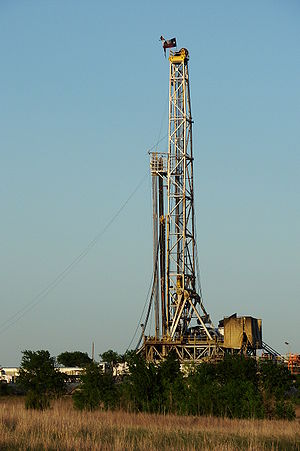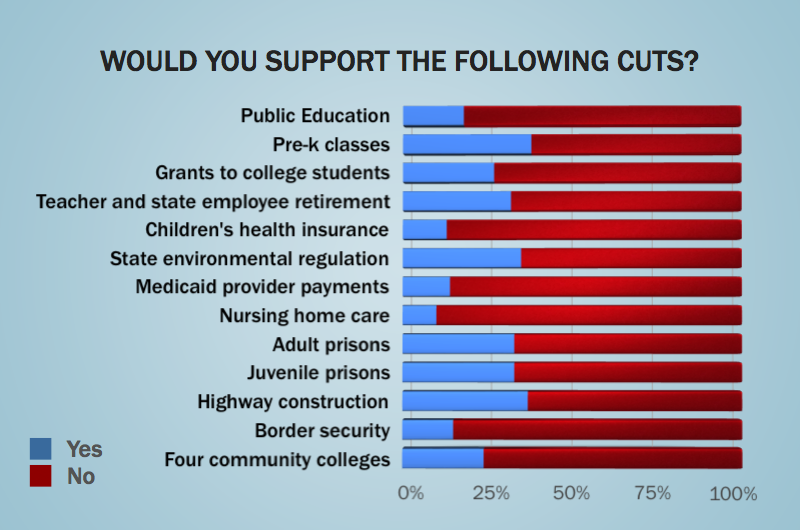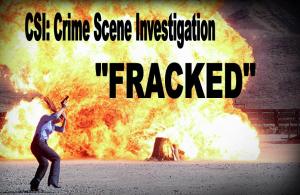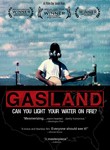The controversy over Barnett Shale natural gas drilling or “fracking” that has overcome Fort Worth and Tarrant County since 2002 has, in recent months, drawn public attention nationally – first to the money to be made by mineral rights owners, then to the inconveniences of drilling for those who live around it, and, more recently, to a heightened concern about the potential environmental and health impacts of this concentrated activity in a densely populated urban area.
Less attention has been paid to another hard fact of Barnett Shale drilling: Not a single well goes into production without a network of pipelines to take the gas to market.
There are about 2,700 wells in Tarrant County alone and 15,000 in the 23-county Barnett Shale formation, according to the latest Railroad Commission data. With 241 companies active in the field, drilling won’t stop any time soon.
So now it’s time — past time, really — for elected officials and state and local agencies to focus more attention on the proliferation of pipelines and whether they are being done right.
A study of that issue resulted in a report, “The State of Natural Gas Pipelines in Fort Worth” that was done for the Fort Worth League of Neighborhoods. Researchers studied gas pipelines in the region over a year-long period and put forth 26 recommendations for federal, state and local lawmakers and regulators, the pipeline industry and the citizens of Fort Worth.
The report’s recommendations highlight the need to bring local residents into the pipeline-planning process early on, giving them more information about what makes for a safe pipeline and more ability to make an informed decision about whether they can live with what’s being proposed for their neighborhood.
Texas has thousands of miles of pipelines for gathering, transmitting and distributing oil and natural gas. Pipeline failures are few and far between. It’s just that any such failure can be catastrophic.
If you live in an area where natural gas fracking is or could potentially occur, you might want to take a look at this report, “The State of Natural Gas Pipelines in Fort Worth”.
Read Full Post »














